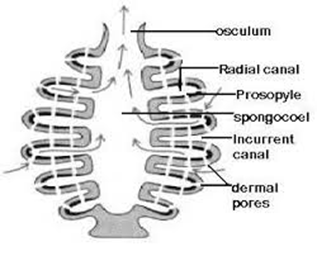Frederick Griffith transformation experiment and conclusion
Griffith Experiment
Introduction -
1918 is the year of pandemic Influenza, the disease that was spread on a large scale over worldwide and killed a large population of the world. Influenza disease is that which spread through animals into a human. The scientist was studying the possibility of a vaccine for Influenza. In 1928 Fredrick Griffith's success in discovering the vaccine for neutralizing the virus.
Experiment -
Fredrick Griffith had done the experiment for this. He conducted his experiment by using two strains of streptococcus bacteria; one is type III -S (smooth ) which is virulent and type II -R (rough) which is non-virulent. Type III- S has capable of forming a capsule made up of sugar (polysaccharide) that helps to protect from the host immune system consequently the death of the host. Type II -R is not able to form a coating around the body and affected by the host immunity resulting in no death of the host.
Also, refer- Griffith experiment in Hindi
The whole experiment can be well understood by the figure -
Conclusion - By doing his experiment he concluded that bacteria are capable of transforming genetic information by following the principle of transformation which can change them from one form to another form.
You may also like - Chargaff rule of DNA



Comments
Post a Comment